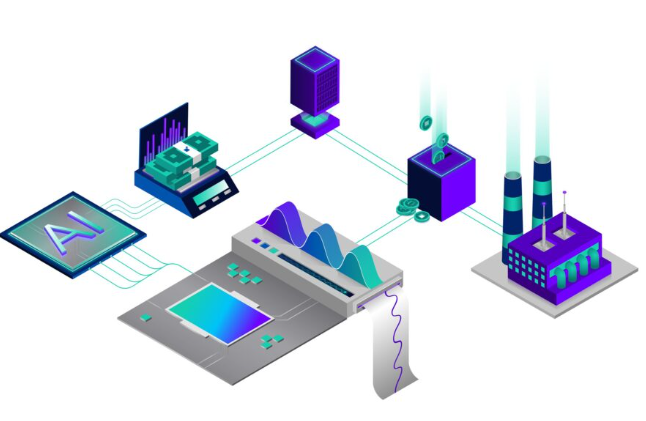LG Innotek Leverages Intel AI Solutions to Drive Precision Manufacturing at Scale

In the world of precision component manufacturing—think of the tiny parts inside smartphones, automotive displays, and other smart devices—achieving flawless replication at massive scale has always been a challenge.
Like many electronics manufacturers, LG Innotek, a global leader in advanced materials and components headquartered in South Korea, is pursuing innovative technologies to reach this ambitious goal.
At its Gumi facility, LG Innotek is implementing a combination of Intel® Core™ processors, Intel® Xeon® processors, and Intel® Arc™ graphics to support AI-driven manufacturing. These technologies are seamlessly integrated with the OpenVINO™ toolkit.
For years, LG Innotek has used rule-based inspections and deep learning at specific points in the production process to ensure quality. Now, its vision is to leverage AI throughout every stage of manufacturing—building a fully automated system without compromising performance.
Intel CPUs and GPUs Enable AI-Powered Inspection
In 2024, LG Innotek began collaborating with Intel to explore an AI-based inspection solution powered by Intel Core and Xeon processors, alongside Intel Arc discrete GPUs.
The system works as follows:
• Data from the production line is first processed by PCs powered with Intel Core CPUs. The integrated graphics deliver an affordable way to analyze defect data.
• Heavier workloads, such as high-resolution image processing and multiple algorithm runs, are handled by Intel Arc GPUs.
• Over time, aggregated datasets are sent to servers powered by Intel Xeon processors for pre-training.
Looking ahead, the companies plan to introduce servers equipped with Intel® Gaudi® AI accelerators for training workloads. This layered architecture—built on CPUs and supported by both integrated and discrete GPUs—greatly reduces the cost of building AI inspection systems.
Driving Cost Efficiency and Scale
By deploying Arc-based GPUs at its major factories, LG Innotek achieved higher cost efficiency compared with similar hardware from other vendors.
These savings open the door to scaling production further. The company first applied Intel’s AI inspection solution to its mobile camera module production line last year.
In 2025, LG Innotek intends to expand this system to additional domestic sites such as its FC-BGA plant at Gumi 4, and to overseas facilities as well. With Intel’s AI vision inspection solution, LG Innotek aims to accelerate the transformation into a smart factory and enhance its cost competitiveness.
OpenVINO Simplifies GPU Integration
Initially, LG Innotek’s engineers were hesitant about adopting integrated GPUs, since their environment had been optimized for dedicated GPUs in deep learning applications. They were concerned about the effort required to adapt code.
Those concerns faded once they experienced OpenVINO’s flexibility.
Since its launch in 2018, OpenVINO has enabled developers worldwide to streamline AI development by writing models once and deploying them across different platforms. For LG Innotek, this meant smooth integration without complex rework.
Maximizing Training Bandwidth with Xeon
Another consideration is ongoing retraining of deep learning models as production processes evolve or raw materials change. Here, Intel Xeon CPUs with built-in AI acceleration come into play.
With support for Intel Advanced Matrix Extensions (AMX), Xeon processors can boost both training and inference speed for AI workloads. LG Innotek sees Xeon CPUs as a key enabler for managing large-scale retraining efficiently.
This approach—relying on CPUs alone for fine-tuning, rather than pairing them with third-party GPUs—marks a shift from the company’s previous model. The result is not only faster performance but also reduced costs.
